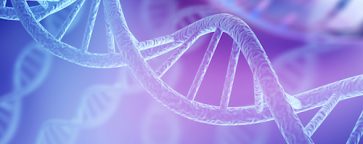Overall
Setting people free to choose faith as well as science, and to be confident in their Christian faith.
Supporting people as they become informed and active, engaging with wider society, and studying or working in science if that is their calling.
Setting the tone
Praising and glorifying God alongside all of creation – because it is good to revel in the wonder of scientific discoveries and how they enhance our view of God. This is where the church should start and end in its engagement with science (on the basis of a sound theology of science – see above). If we continue any science and religion activity into eternity, I think this will be it!
Developing theological thinking – delving deeper into the Bible, developing our theology of science, and of creation, and responding to new knowledge and technologies. These are the foundations of our work on science and Christianity, and they are built through the Faraday Institute’s academic work and regular courses, events and publications – as well as the work of many other organisations and scholars around the world. It may occasionally be necessary to initiate conversations on specific topics where theological resources seem to be lacking.
Engaging with culture
Staying informed – keeping in touch with the statistics and surveys, latest information on science and technology, policy updates and legislation, and resources available.
Communicating our theology of science – in terms of the Christian gospel. Demonstrating that scientists can worship God and also do good science. Telling stories of scientists who are or were people of faith. Building bridges – the beauty, awe, wonder, creativity and imagination that can bring Christians and non-Christians, scientists and non-scientists together around are shared interest, fuelled by a Christ-centred theology. These, and others like them, should be the dominant narrative threads in our discussions (to support our worship, above). We do need to respond to issues and hot topics, but we should always be proactively setting the tone in this direction.
Doing apologetics – aware of the main questions that people ask about God and science, and how we can answer them. Always setting a positive agenda at the same time (see above).
Using science in service of God
Caring for people – sharing information on bioethical issues, Artificial Intelligence, etc. Thinking how new technologies can be used well, having a voice in society.
Caring for creation – how can our restoration in Christ fuel a return to our original calling to tend and keep creation, making sure that all creation continues to praise and glorify God?
Encouraging practical care for people and all of creation by supporting STEM practitioners, students and teachers as they get involved in research, development of new technologies, and application of both knowledge and technologies in a wide range of professions.





